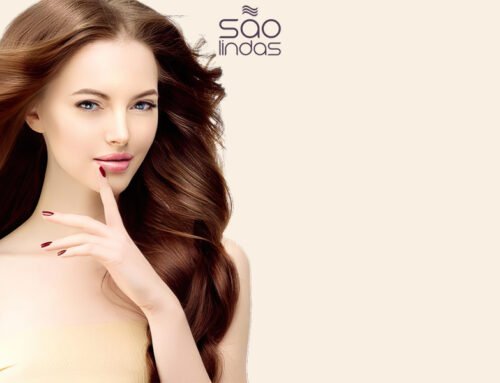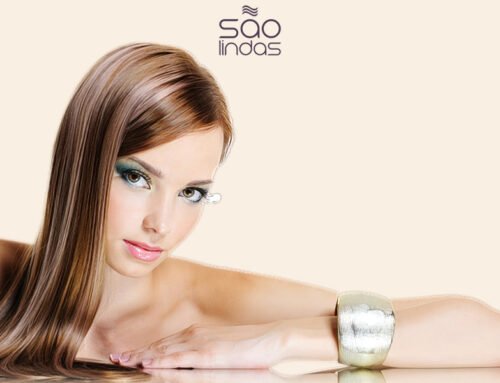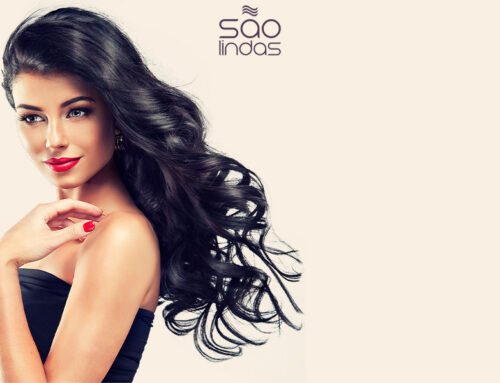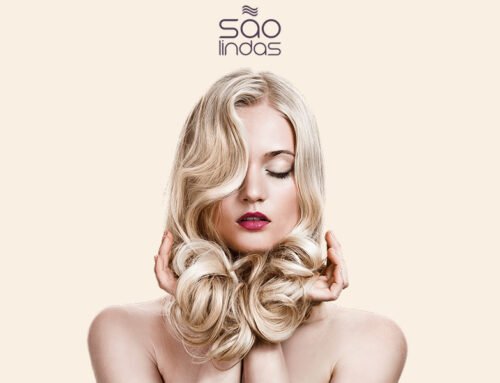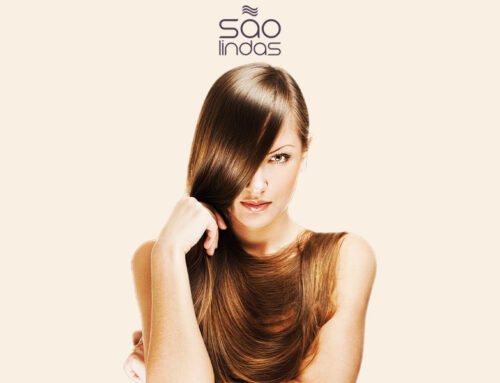Many people view healthy hair as a sign of health or beauty, without knowing that getting it requires vitamins and nutrients.
Like any other part of the body, hair needs a variety of nutrients to be healthy and grow normally.
In fact, many nutritional deficiencies are linked to hair loss.
And factors such as age, genetics and hormones also affect hair growth.
In this article, we will tell you about 5 vitamins and 3 other nutrients that are very important for hair growth.
Vitamins and nutrients for healthy hair:
Vitamin A
All cells need vitamin A to grow, and this includes hair, which is the fastest-growing tissue in the human body.
Vitamin A also helps the skin glands to create an oily substance called sebum.
The sebum moisturizes the scalp and helps maintain healthy hair.
Diets lacking vitamin A can lead to many problems, including hair loss.
While it is important to get enough vitamin A, too much vitamin A can be dangerous.
Studies also indicate that an overdose of vitamin A can also contribute to hair loss.
Sweet potatoes, carrots, squash, spinach, and kale are high in beta-carotene, which is converted into vitamin A.
Vitamin A can also be found in animal products such as milk, eggs, and yogurt, and cod liver oil is a particularly good source.
B vitamins
One of the vitamins known for hair growth is the B vitamin called biotin.
And studies link biotin deficiency with hair loss in humans.
There is also a lack of data on whether biotin is possibly effective for hair growth in healthy individuals.
Other B vitamins help form red blood cells that carry oxygen and nutrients to the scalp and hair follicles.
And these processes are important for hair growth.
You can get B vitamins from many foods, including whole grains, almonds, meat, fish, seafood, and dark leafy greens.
Vitamin C
Free radical damage can inhibit growth and age your hair.
Vitamin C is a powerful antioxidant that helps protect against oxidative stress caused by free radicals.
Additionally, your body needs vitamin C to make a protein known as collagen – which is an important part of hair structure.
Vitamin C also helps your body absorb iron, which is a mineral necessary for hair growth and can help prevent hair aging.
Strawberries, peppers, guava and citrus fruits are also good sources of vitamin C.
Vitamin D
Low levels of vitamin D are associated with alopecia, which is a technical term for hair loss.
Research also shows that vitamin D may help create new follicles – the tiny pores on the scalp, where new hair can grow.
Vitamin D is believed to play a role in hair production.
But most research focuses on vitamin D receptors, the actual role of vitamin D in hair growth is unknown.
However, most people do not get enough vitamin D and it might be a good idea to increase your intake.
Your body produces vitamin D through direct contact with sunlight.
Good food sources of vitamin D also include fatty fish, fish liver oil, and some types of mushrooms.
Vitamin E
Similar to vitamin C, vitamin E is an antioxidant that can prevent oxidative stress.
In one study, people with hair loss experienced a 34.5% increase in hair growth after taking a vitamin E supplement for 8 months.
Sunflower seeds, almonds, spinach, and avocados are all good sources of Vitamin E.
Iron
Iron helps red blood cells transport oxygen to your cells.
And this makes it an important mineral for many body functions, including hair growth.
Iron deficiency that causes anemia is a major cause of hair loss, and it is especially common in women.
Oysters, eggs, red meat, spinach, and lentils are all iron-rich foods.
Zinc
Zinc plays an important role in hair tissue growth and repair.
And it also helps keep the sebaceous glands around follicles working properly.
Hair loss is also a common symptom of zinc deficiency.
And studies show that zinc supplementation reduces hair loss caused by zinc deficiency.
However, there are some anecdotal reports that taking a very high dose can also contribute to hair loss.
For this reason, it may be best to get zinc from whole foods.
Oysters, beef, spinach, wheat germ, pumpkin seeds, and lentils are all foods rich in zinc.
Protein
Hair is made almost entirely of protein, and consuming enough is important for hair growth.
Animal studies also indicate that protein deficiency may reduce hair growth and lead to hair loss.
However, actual protein deficiency is extremely rare in Western countries.
Should I take a hair supplement?
Food is the best source of the vitamins you need for hair growth.
However if you fail to get enough from your diet, supplementation may be beneficial.
According to research, the supplement works best for individuals who are already deficient.
Moreover, high doses of vitamins and minerals can be harmful if you don’t have a deficiency.
So work with a doctor to determine if you have a deficiency.
Finally, the best way to obtain these nutrients is to eat a truly balanced, food-based diet that includes lots of nutrient-dense foods.
Read also: Tips on protecting hair from damage in the summer

